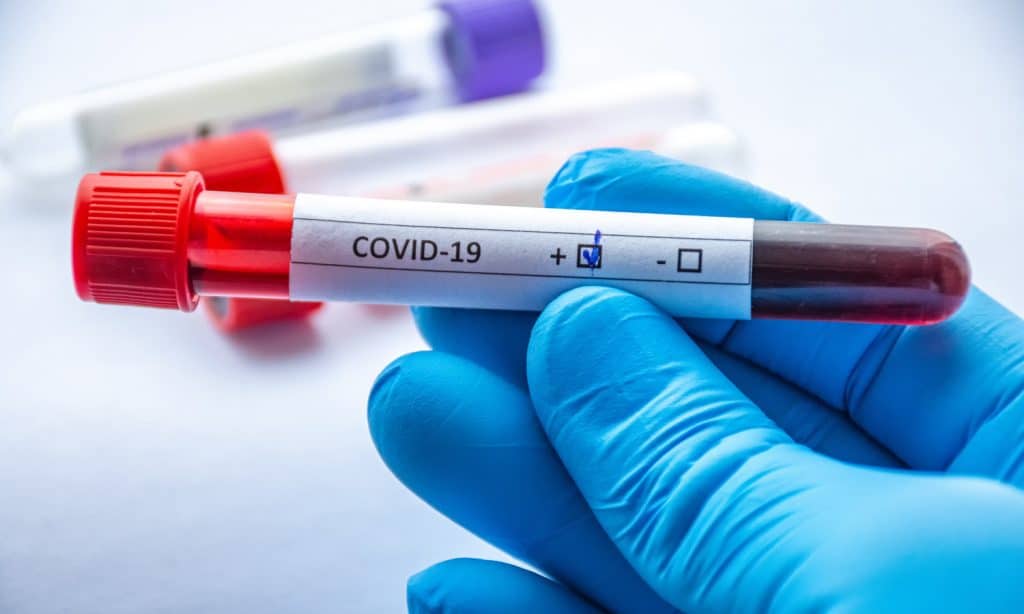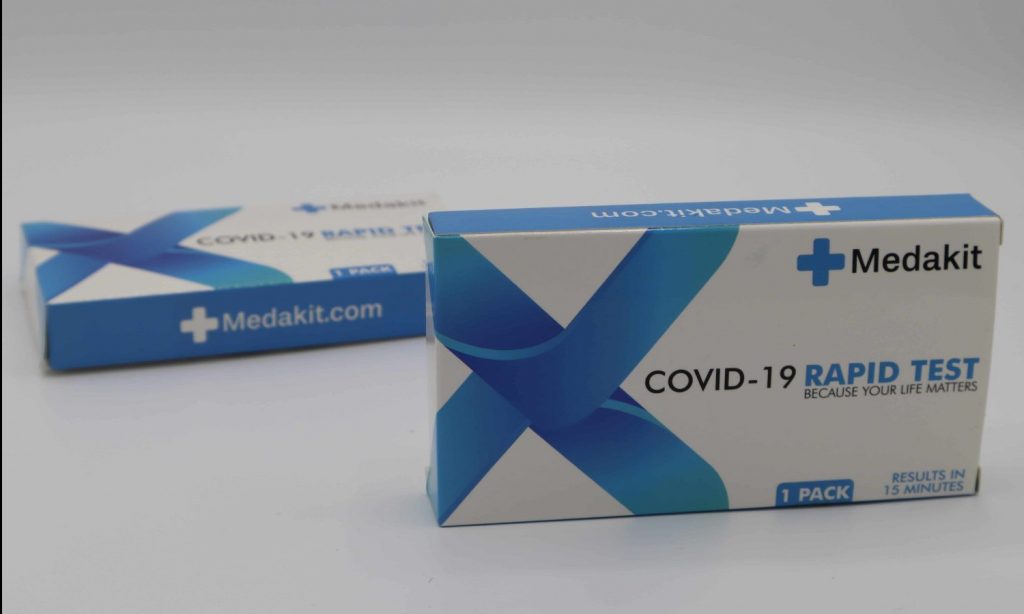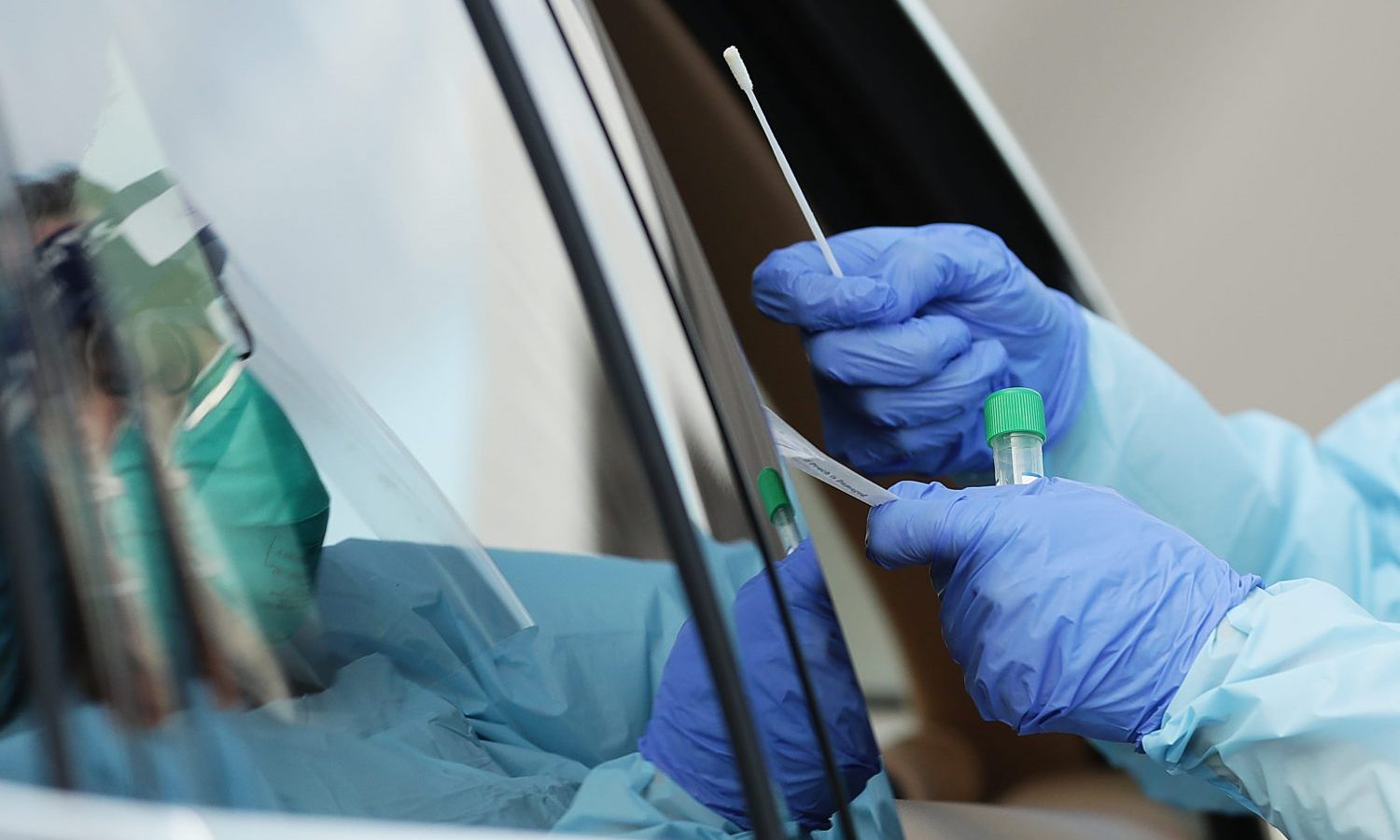COVID-19 tests are improving in volume and accuracy, increasing the ways in which people can stay safe. But does this mean you should get them more often?
Across the U.S., COVID-19 tests are becoming more and more common. People take them if they think they’ve been exposed to COVID, out of curiosity, or if they want some peace of mind before meeting up with friends and family. Now that we’re going through a third wave of the pandemic, how often should you be getting tested? And would continual testing strain your city’s health system?
While testing capabilities have vastly improved throughout the year, it’s still too early for there to be unlimited and completely accurate testing methods. It’s unknown if hospitals and emergency centers would be able to cope with large amounts of testing while also dealing with large amounts of COVID-19 patients.
RELATED: COVID-19 Close Contact: What You Need To Know About The CDC’s New Definition
When discussing people whose health is compromised or who are in close contact with someone who is severely ill, regular testing could be another tool in their belts, another method used to stay safe. Despite this, experts warn that testing doesn’t replace mask wearing and proper social distancing guidelines.

Dr. Suzanne Pham, medical director of the COVID-19 response team at Weiss Memorial Hospital in Chicago, explains to Health how timing plays a role in testing and why other measures are needed in order to stay safe and prevent the spread of the virus.
RELATED: Getting A Massage During COVID? Here’s What You Should Know
“Timing is an important factor when it comes to testing accuracy. If you were exposed an hour prior to getting tested, well, it’s highly unlikely that test is going to pick it up. It may take three, four, or five days for you to test positive.”

People who get a test when their viral load is too low and before they develop symptoms have then a couple of days of thinking that they’re safe when they’re not, spreading the virus unintentionally.
Testing is improving all over the country, with every new batch of tests increasing in speed and accuracy. Still, we’re not at the point where we can rely solely on them to stay safe. Other measures such as mask wearing, hand washing and social distancing, although annoying and disruptive of the flow of everyday life, remain the most accurate way of staying safe.


